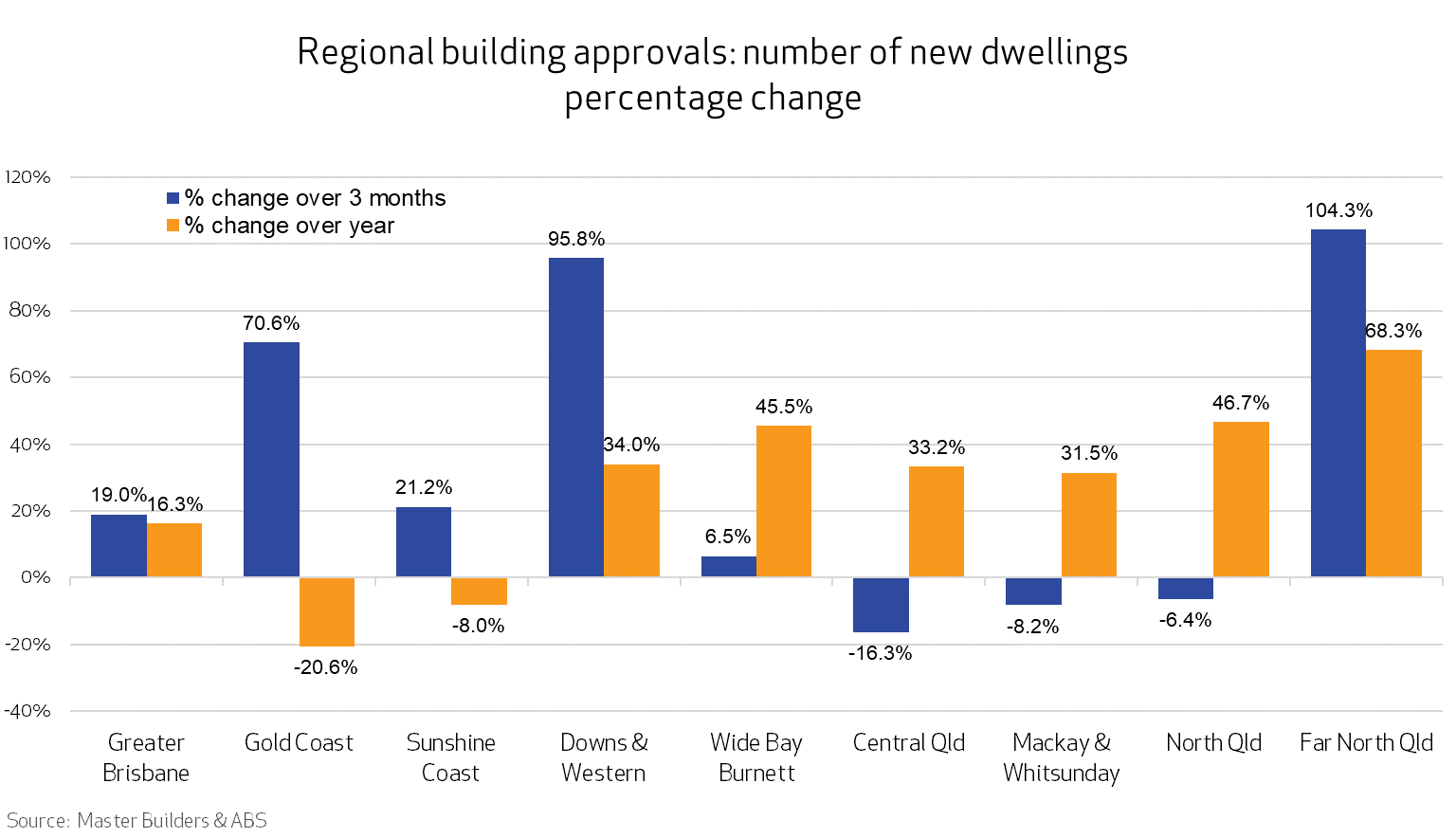11 November 2025
After years of advocacy, Master Builders welcomes the state government’s decision to scrap Best Practice Industry Conditions (BPIC) – a move that will help restore productivity and reduce costs across Queensland’s construction industry.
With a once-in-a-generation pipeline of housing and community projects ahead, Master Builders CEO Paul Bidwell said the policy had long hindered progress.
“BPIC was a hangover from the former state government. We welcomed the Crisafulli Government’s decision to freeze the policy in October 2024 – and its removal is a direct response to our calls.
“While the Victorian Government seemed oblivious to the CFMEU having control over the contractors involved in their building projects, the same can’t be said in Queensland. For six years, the former state government unashamedly endorsed contractors having to adopt BPIC on its projects over $100 million.
“The result? Reduced productivity and increased cost. In fact, $2 billion over two years was earmarked in the Miles Government’s 2024 budget to cover government project cost blowouts. And that was just the start, with the impact felt across the entire commercial construction sector.”
Master Builders’ own analysis found that when BPIC was applied in full, up to 96 days were lost each year due to rigid RDOs and inflexible working hours – slashing productivity to as little as three days of work per week. The result being a cost increase of between 18 and 33 per cent to build an apartment.
Mr Bidwell said the decision to pause BPIC had not diminished worker entitlements or conditions – and workplace safety remained paramount.
“Safety outcomes have improved over time thanks to the combined efforts of employers, workers, unions, regulators, better training, stronger safety systems, and a shift in industry culture and leadership,” he said.
“It’s clear BPIC has no place in Queensland government procurement. Scrapping it is a smart and necessary step that will help our state meet its housing and infrastructure needs.
“We applaud the focus on small and regional business under the new Procurement Policy. It’s clear that cutting red tape is central to the policy, including an end to the Ethical Supplier Mandate. We’re also pleased to hear the government is looking at incentivising good performance by building contractors, rather than just punishing poor performance. This is also something we have long advocated for.”
It comes as the latest Australian Bureau of Statistics figures cement the importance of boosting productivity. Approvals across Queensland plunged 11.3 per cent in the month of September, with both units (-18.2 per cent) and detached houses (-6.0 per cent) contributing to the fall.
The news was better for the three-month totals, with approvals trending up strongly (+10.1 per cent) off the back of a +35 per cent increase in unit approvals. Across the regions, the strongest growth in unit approvals came from Far North Queensland (+104.3 per cent), Downs & Western (+95.8 per cent), and the Gold Coast (+70.6 per cent), with the Sunshine Coast and Greater Brisbane also recording solid gains. Wide Bay was the only other region in positive territory, driven by detached housing. Central Queensland, Mackay & Whitsunday, and North Queensland all saw declines after earlier growth proved unsustainable.
“It’s a sign the government’s productivity reforms, including the BPIC pause, are already making a difference,” Mr Bidwell said.
“However, given the scale of the housing crisis and what needs to be delivered, we cannot afford further setbacks – and there’s more to be done to better position industry to boost supply.
“With BPIC in the rear-view mirror, we look forward to government’s response to the final Queensland Productivity Commission report. Our priorities are finally ending the Project Trust Account regime that does not add to security of payment, rolling back construction code changes where the cost outweighs the benefit, introducing a consistent Queensland Housing Code, and better supporting Modern Methods of Construction.”






